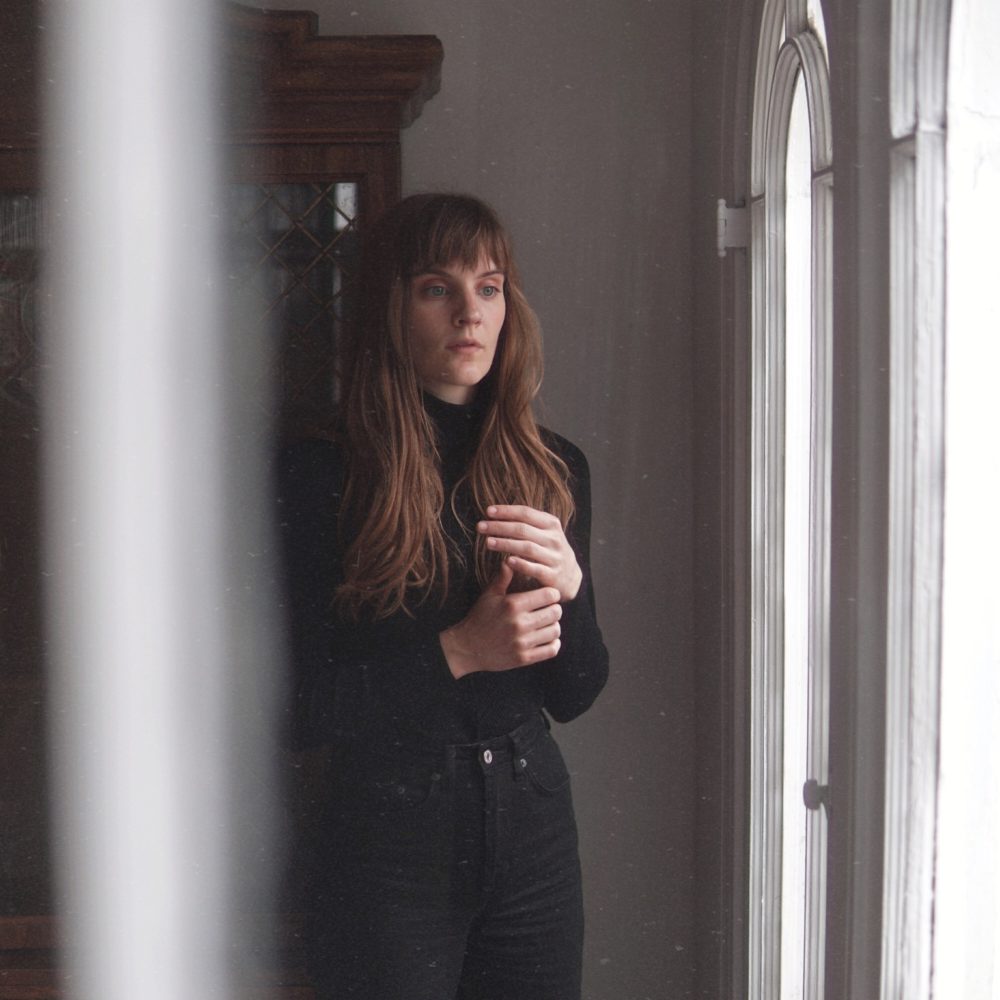Enter Shikari’s fifth record, The Spark, is both frenetic and fixed. The UK-based band’s lyrics tend towards transcendentalism and escapism while also remaining starkly brash, full of bullheaded demands for a different reality. The inception of The Spark was undoubtedly inspired by a world in political turmoil, but frontman Rou Reynolds confronts it by turning inward, confirming that the personal is inevitably political. Listen to The Spark here.
What personal ideals, beliefs and convictions spurred the creation of your newest album, The Spark?
ROU REYNOLDS — First and foremost, to make the lyrical content as honest as possible. To be unafraid in sharing human vulnerability and laying myself bare in the music. I think showing the truth of the human condition is important to remind us that we’re all the connected. I wanted also to create music that was a little more austere and concentrated on lucidity too. Melody became the focus on this record.
The lyricism in this record both turns inward in deep personal reflection while also blatantly confronting what is going on in the world, politically and otherwise. How do the two coincide?
RR — For me, the epiphany moment was when I realized how living in a world that disparages and denies human emotion effects the political. So for example, if you grow up being told (as many males are) that showing your emotions is wrong, your emotions usually (after being bottled up) eventually surface as anger or excessive pride. This is how we get people like Donald Trump, for example. So encouraging people to be open, bold and emotional beings is important and will create saner humans… and world leaders.
What do you find important about honesty in songwriting?
RR — Well, songwriting in its essence is creating a gift for someone. Whether it’s to one person or to the wider public. Why would you want that to then be dishonest? I don’t understand that position. To be dishonest is a violation of the integrity of art. Manufactured pop music is the best example. The songs are written by groups of 20 people, all supplying various little snippets to the song, it’s put together on a production line, it bares no one’s soul, it conveys no one’s thoughts. It is background music, it is traffic noise. It is music to switch the brain off to. If you have a tool that allows human connection – and music is perhaps the most powerful of those tools – and you live in a world that is so divisive, I think it’s incredibly sad when the same tool is used purely to create meaningless, money making drivel.
As you evolve personally — growing in self-awareness, changing your mind, overcoming trials — so would the content and execution of your art, I’d assume. Has it ever been challenging to create what’s true to you in periods of transformation, instead of simply trying replicate previous styles for the sake of remaining consistent?
RR — No. Consistency, in terms of sound, is basically predictability, right? And predictability doesn’t excite me too much. I think I’m quite a fidgety person, and when it comes to art, I’m not very monogamous – I enjoy a huge range of music and therefore love to create equally varied music myself.
It’s become common for people, particularly artists, to counter trial with immediate positivity. Your approach seems a bit different. In “Airfield”, you say, “Through adversity / hope must not become the casualty”. What do you mean by that?
RR — I don’t like forced positivity. I’m a realist first before anything else, I guess. Airfield is a song about how going through periods of hardship can strengthen you in many ways, it can make you a more experienced person, a more knowledgeable person, and a more prepared person in case the said hardship returns again. This is, of course, little solace when you’re in the middle of the period itself, but after, you can often look back and notice how some adversity did perhaps bring some positives.
How would you describe the connection between Enter Shikari and the listener?
RR — Well, it is the reason we do this so I would hope it is very real, visceral, tangible. We don’t really do the whole ‘rockstar’ pedestal thing, the separation between artist and audience. I don’t want to be untouchable or unreachable or seen as anything different to the people that enjoy our music. We try and meet people whenever we can and are very contactable on social media obviously.
How will the live experience of this album enhance that connection?
RR — Live music is the last real bastion of unity I think. There’s very little else that brings people together in such large numbers indiscriminately. I can’t wait to play these songs live and hopefully do our bit.
Connect with Enter Shikari: Twitter / Instagram / Facebook
Also, you can find Leah on Twitter or Instagram. Dialogue, fresh ideas, and hot takes are all wanted and welcomed here.







